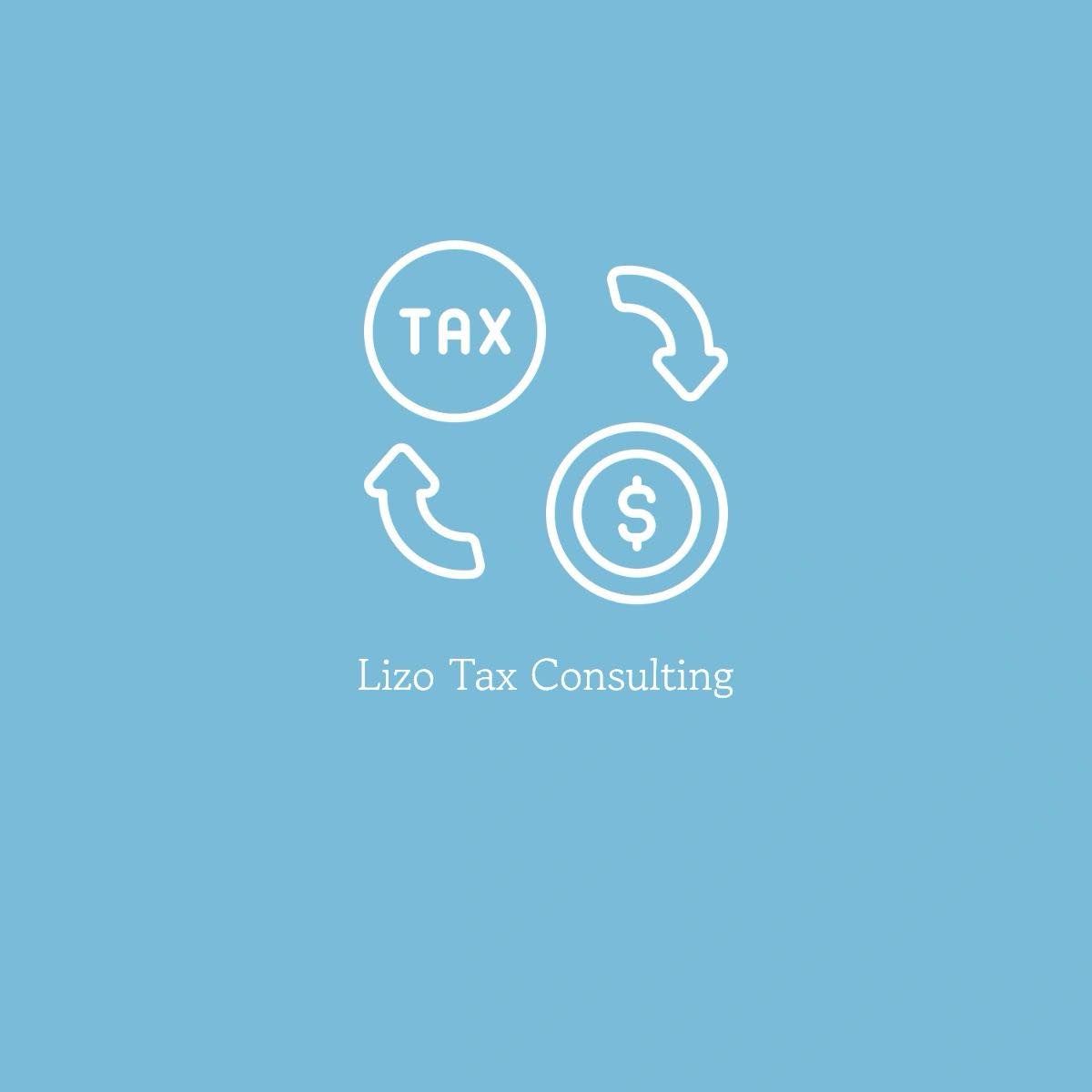Tax Treaty Benefits for Expats
Understanding bilateral tax treaties and how they can reduce your US tax liability while living abroad.

What Are Tax Treaties?
Tax treaties are bilateral agreements between countries designed to prevent double taxation and provide certainty about tax obligations for individuals and businesses operating across borders. The US has tax treaties with over 60 countries.
Key Purposes of Tax Treaties
- Prevent double taxation of the same income
- Reduce or eliminate withholding taxes
- Provide tie-breaker rules for tax residency
- Enable mutual agreement procedures for disputes
- Facilitate exchange of tax information
Common Treaty Benefits
Reduced Withholding Tax Rates
Typical Treaty Rates
Dividends:
5-15% (vs. 30% statutory rate)
Interest:
0-10% (vs. 30% statutory rate)
Royalties:
0-10% (vs. 30% statutory rate)
Pensions:
Often 0-15%
Pension and Retirement Benefits
Many treaties provide favorable treatment for pension distributions, often allowing taxation only in the country of residence rather than the source country.
Government Service Exemptions
Some treaties provide exemptions for government employees, including UN and other international organization employees.
Tie-Breaker Rules for Dual Residents
When someone qualifies as a tax resident in both countries, treaties provide tie-breaker rules in this order:
- Permanent Home: Where you have a permanent home available
- Center of Vital Interests: Where your personal and economic relations are closer
- Habitual Abode: Where you habitually live
- Nationality: Country of citizenship
- Mutual Agreement: Competent authorities decide
Key Treaty Countries for US Expats
Popular Expat Destinations
- • United Kingdom
- • Canada
- • Germany
- • France
- • Australia
- • Netherlands
- • Switzerland
- • Singapore
Favorable Treaty Benefits
- • Reduced pension taxation
- • Lower dividend withholding
- • Interest exemptions
- • Capital gains protections
- • Professional services exemptions
- • Social security coordination
Claiming Treaty Benefits
Required Forms and Documentation
- Form W-8BEN: For non-US financial institutions
- Form 8833: Treaty-based return position disclosure
- Form 1040: Report treaty benefits on US return
- Residency Certificate: From foreign tax authority
Form 8833 Requirements
You must file Form 8833 when claiming treaty benefits that:
- Reduce or modify taxation of income otherwise taxed under the Internal Revenue Code
- Result in an exemption from US tax
- Reduce the rate of withholding tax
Important: Failure to file Form 8833 when required can result in a $1,000 penalty per position taken.
Treaty vs. Foreign Tax Credit
When Treaties May Be Better
- Complete exemption from US tax on certain income
- Lower foreign tax rates than US rates
- Simplified compliance requirements
- Protection from source country taxation
Foreign Tax Credit Advantages
- Can be used with any country (no treaty required)
- Credits can be carried forward
- May provide dollar-for-dollar tax reduction
- No disclosure requirements like Form 8833
Specific Treaty Provisions
UK-US Tax Treaty Highlights
- • Pensions taxable only in residence country
- • 401(k) and UK pension coordination
- • Reduced dividend withholding (5-15%)
- • Capital gains generally exempt from source taxation
- • Social security benefits taxable only in residence country
Canada-US Tax Treaty Highlights
- • Cross-border retirement plan recognition
- • Reduced withholding on dividends (5-15%)
- • Interest often exempt from withholding
- • Capital gains tie-breaker rules
- • Social security totalization agreement
Common Treaty Mistakes
Assuming treaty automatically applies
Must meet specific requirements and properly claim benefits
Not filing Form 8833 when required
Can result in $1,000 penalty and loss of treaty benefits
Misunderstanding residency requirements
Must qualify as resident under treaty tie-breaker rules
Ignoring saving clause provisions
US citizens may not get full treaty benefits due to saving clauses
The Saving Clause Issue
Most US tax treaties contain a "saving clause" that preserves the US right to tax its citizens as if the treaty didn't exist. However, specific treaty articles may override the saving clause for particular types of income.
Income Often Protected from Saving Clause
- Government service compensation
- Certain pension benefits
- Social security payments
- Student and researcher exemptions
Planning Strategies
Residency Planning
Consider establishing tax residency in a treaty country to access beneficial provisions, but be aware of:
- Days-based tests in foreign countries
- Tax obligations in the treaty country
- Immigration law requirements
- Impact on US tax obligations
Income Characterization
Structure income to take advantage of favorable treaty provisions:
- Convert ordinary income to capital gains where possible
- Time income recognition to optimize residency status
- Consider treaty country for investment holding companies
Recent Treaty Developments
OECD Model Changes
Recent updates to the OECD Model Tax Convention affect new treaties and amendments:
- Principal Purpose Test (PPT) anti-abuse rules
- Enhanced dispute resolution procedures
- Digital economy provisions
- Hybrid mismatch rules
BEPS Implementation
Base Erosion and Profit Shifting (BEPS) initiatives are being incorporated into treaties through the Multilateral Instrument (MLI), affecting:
- Treaty shopping prevention
- Artificial avoidance of permanent establishment
- Improved dispute resolution
- Enhanced transparency requirements
Professional Guidance
Tax treaties are complex legal instruments requiring careful analysis. Consider professional help when:
- Claiming significant treaty benefits
- Dealing with dual residency situations
- Having income from multiple treaty countries
- Facing competent authority procedures
- Planning major life changes affecting residency
Need Help with Treaty Benefits?
Tax treaties can provide significant savings, but proper application is crucial. Get expert guidance on maximizing your treaty benefits.
